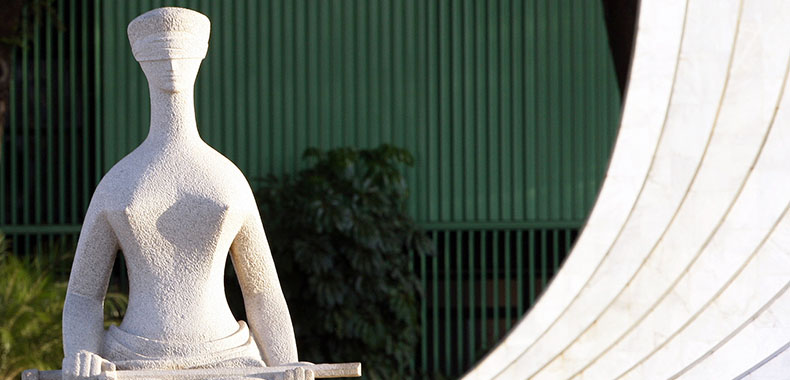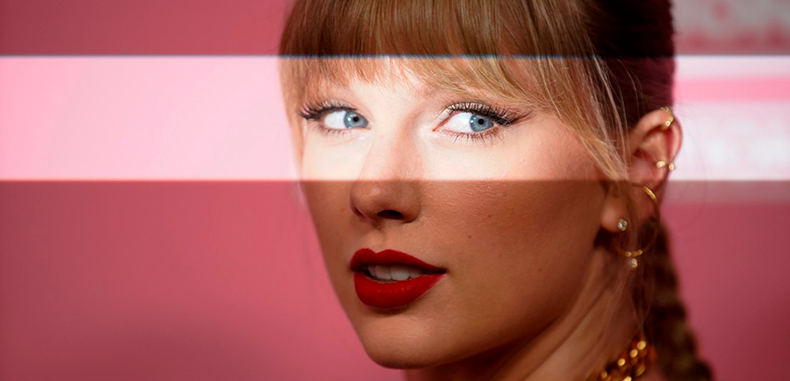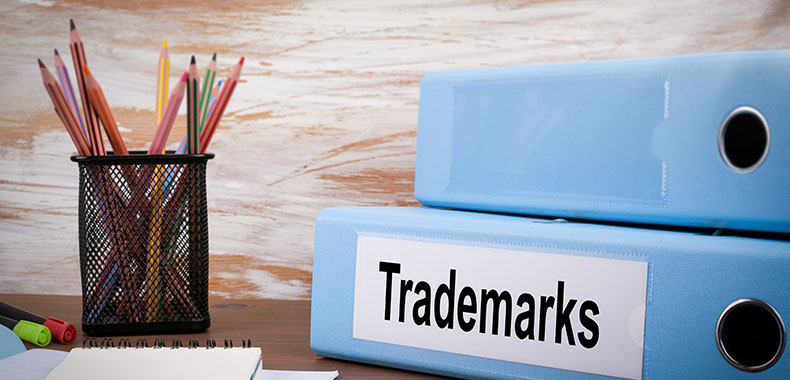The tax regime applicable to software transactions in Brazil had raised controversies for a long time, because the federal government and each state or municipality have their own discretionary powers to enact their laws and regulations for collecting their taxes.
In this context thecompetence’s conflict between the ICMS and the ISS over new technologies of software supply, it is worth clarifying that the ISS is a municipal tax levied on the import and national provision of services provided by companies, legal entities or self-employed professionals, while the ICMS is a state tax levied on the import of products and the circulation of products, that is, applicable to products.
Before the taxation of payments for software could be varied depending on whether the transaction is characterised as the licence of a copyright, the sale of merchandise or the provision of services.
Thus, the decision was extremely difficult to identify a correct taxation of the software that caused the trial to be postponed several times

On February 18, finally the ministers of the Supreme Federal Court (STF) decided by majority vote that the Municipal Tax on Services (ISS) affects the licensing or right to use software because it is a service.
According to the STF, the taxable event of the ICMS is the transfer of ownership of the asset, which does not apply in cases of licensing or right to use software characterised as intangible goods.
Nonetheless, in the next session will be addressed it is still awaiting a decision about if this new understanding will be required only after the date of publication of the minutes of the judgment of the case or if it will also be valid retroactively, which would legitimize, for example, the recovery of amounts unduly paid to state tax authorities.
—
Author: Sheila de Souza Rodrigues, Associate Lawyer at Peduti Advogados.
—
“If you want to learn more about this topic, contact the author or the managing partner, Dr. Cesar Peduti Filho.”
“Se quiser saber mais sobre este tema, contate o autor ou o Dr. Cesar Peduti Filho.”






